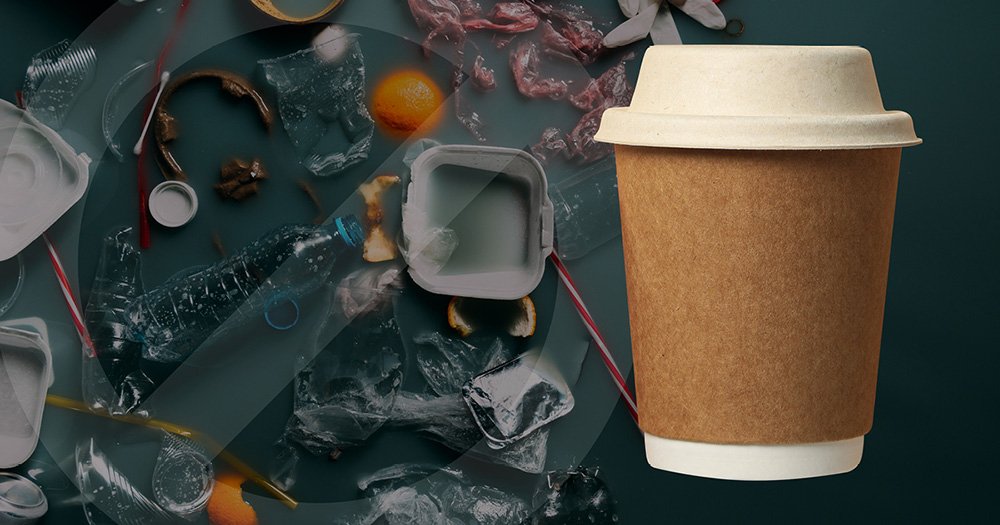Food Packaging Bans Across Australia and New Zealand: A Comprehensive Guide
In recent years, Australia and New Zealand have intensified efforts to address the environmental impact of single-use plastics, particularly in the realm of food packaging. This guide aims to provide clarity on the evolving regulations and bans affecting the food packaging industry across different states and territories.
Western Australia's Plan for Plastics, introduced in June 2021, outlines a strategic roadmap toward a more sustainable, plastic-free future. The plan emphasises prioritising reusable alternatives, promoting non-plastic single-use options, and minimising litter and contamination in waste treatment facilities.
The plan unfolds in two stages, each targeting specific single-use plastic items for elimination. Stage 1 regulations have already been implemented, while Stage 2 regulations took effect on February 27, 2023.
For businesses operating in the food packaging industry, adapting to regulatory changes is essential. Investing in sustainable alternatives and educating consumers about responsible packaging choices can drive positive change. Similarly, consumers play a pivotal role in supporting businesses that prioritise eco-friendly practices and advocating for sustainable packaging solutions.
State-by-State and Territory Breakdown:
Victoria:
Bans: Plastic straws, stirrers, cutlery, plates; cotton buds with plastic shafts; EPS foodware and cups; lightweight plastic shopping bags.
Upcoming Bans: Plastic-coated paper plates (Nov 2024); plastic drinking straws, stirrers, cutlery, plates in pre-packaged food (Jan 2026).
New South Wales:
Bans: Plastic straws, stirrers, cutlery, plates, bowls (without lids); cotton buds with plastic shafts; EPS food service items; lightweight plastic shopping bags.
Upcoming Bans: Plastic-coated paper plates and bowls (Nov 2024).
Queensland:
Bans: Plastic straws, stirrers, cutlery, plates, bowls, EPS foodware; lightweight plastic bags; cotton buds with plastic stems; EPS loose packaging.
Upcoming Bans: Discussions are ongoing for various items including EPS packaging, coffee cups, and sauce sachets.
Australian Capital Territory:
Bans: Plastic straws, stirrers, cutlery, plates, bowls (without lids); cotton buds with plastic sticks; EPS loose fill packaging; EPS trays and containers; lightweight plastic shopping bags; plastic microbeads; oxo-degradable plastics.
Upcoming Bans: Plastic-coated paper plates and bowls (Nov 2024).
Western Australia:
Bans: Plastic straws, cutlery, stirrers; plastic plates, bowls, containers; plastic-coated paper plates and bowls; plastic cups for cold drinks; EPS trays, clamshells, multi-serve gelato containers; balloon releases; paper bags with plastic laminate; lightweight and heavyweight plastic shopping bags; EPS cups; EPS loose fill; plastics with 'degradable' additives; cotton buds with plastic shafts.
Upcoming Bans: Plastic cups and lids for hot drinks (Mar 2024); produce/barrier bags (Sept 2024); plastic bowls, takeaway containers, plastic lined paper cartons, plastic windows in paper food containers (Sept 2024); EPS moulded packaging (Jul 2025).
South Australia:
Bans: Plastic cutlery, beverage stirrers, straws; EPS cups, bowls, plates, clamshell containers; oxo-degradable plastic products; plastic plates, bowls; cotton buds with plastic shafts; pizza savers.
Upcoming Bans: Thick supermarket or boutique plastic bags (Sept 2024); plastic barrier bags, plastic confetti, plastic bread tags, plastic food containers, plastic cups and lids for hot and cold drinks (Sept 2024); plastic soy sauce fish, plastic fruit stickers, pre-packaged and attached products (Sept 2025).
Hobart:
Bans: Plastic bowls, plates, stirrers, cutlery, takeaway food containers, lids, cups, straws; EPS clamshells; sauce sachets; plastic lined paper cartons; plastic lined paper cups; plastic sandwich wedges; plastic lids on takeaway cups; lightweight shopping bags.
Note: The ban applies to single-use plastic containers with a volume less than 1 litre or an area equivalent to an A4 piece of paper.
Northern Territory:
Bans (Darwin): Disposable coffee and smoothie cups; lightweight shopping bags.
Upcoming Bans: Plastic lids, straws, cutlery, plates, bowls, takeaway containers; plastic coated paper plates and bowls; EPS cups, trays, clamshells, multi-serve gelato containers; balloons; plastic microbeads; heavyweight plastic shopping bags; EPS loose fill and moulded packaging (2025).
New Zealand:
Bans: Plastic cotton buds; plastic plates, bowls, cutlery, straws, stirrers; plastics with pro-degradant additives; certain PVC food trays and containers; EPS takeaway food and beverage packaging; plastic produce bags; plastic produce labels; lightweight plastic shopping bags.
Upcoming Bans: All other PVC and polystyrene food and drink packaging (2025).
At Chefmaster, we recognise the imperative to adapt environmental regulations and sustainability practices within the food packaging industry across Australia and New Zealand. We are taking a proactive approach to adapting to these changes by adjusting product offerings where needed to align with the new regulations on sustainability and environmental preservation. We understand that addressing climate and environmental issues requires collective action, and we welcome the opportunity to play our part in driving positive change. Through collaboration with our suppliers, partners, and customers, we can prioritise responsibility and the health of our planet for generations to come.

